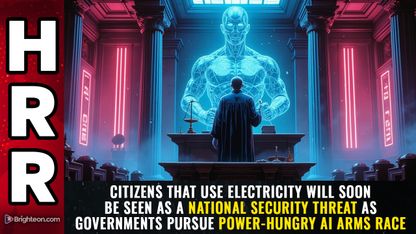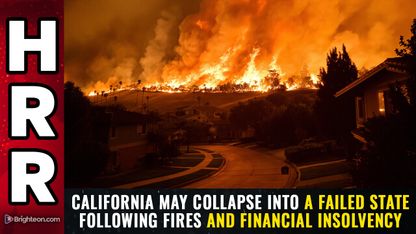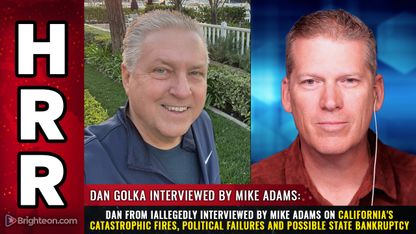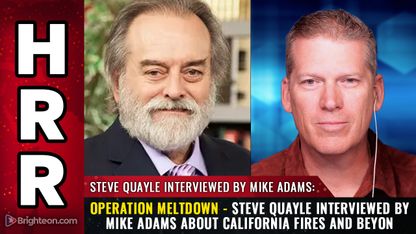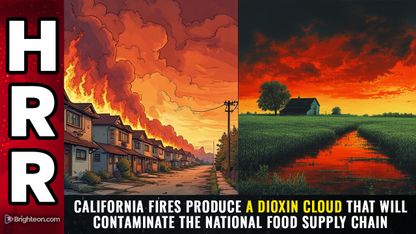
Tech companies like Apple, Facebook and Google are wielding immense power when it comes to the kinds of content users are allowed to share and see, and it is clear that power is now being abused. There has been much controversy over how to solve this issue, but there may be a simple solution. All telecommunications companies rely on spectrum licenses from the federal government, and upholding free speech could easily be made a condition for these licenses.
As writer Aaron Renn suggests, "Perhaps it’s time that spectrum licenses to mobile-phone companies be conditioned on their recipients providing freedoms for customers to use the apps of their choice."
Why spectrum licenses matter
All wireless communication are based on signals traveling through the air via radiofrequency, or "spectrum." Whether you're watching TV, listening to the radio, or browsing Facebook on your cellphone, it's all taking place thanks to spectrum.
As CNET explains, the Federal Communications Commission (FCC) is tasked with regulating such communications and provides licenses to companies seeking to use the spectrum. While companies like Facebook and Google may be privately owned, they rely entirely on spectrum to function. Without wireless connectivity, social media literally couldn't exist.
There has been much debate over who really owns the airwaves, especially given that the FCC has sold billions of dollars worth of "public" airwaves. Regardless, they are largely considered to be a "public" space by most -- which is why the government regulates them.
If the airwaves used by websites like Facebook and Google are public domain, it would seem logical that these companies must comply with the laws of the land and uphold the rights of the people. The companies may be privately owned, but the airwaves they use to transmit information are not. Preserving and protecting freedom of speech should absolutely be made a tenet of using the airwaves, just like any other public space. Big Tech has made it clear that the industry can and will censor anyone they don't like, for no reason at all.
First Amendment on the internet
Many critics say that the First Amendment does not protect the rights we think it does, particularly regarding social media. This is because proponents of censorship maintain the view that social media platforms are private companies -- even though the airwaves they occupy to transmit data are very much a public entity.
Regarding freedom of speech in other public spaces, legal expert Lata Nott told CNN that First Amendment rights need to be upheld. As reported:
"If you invite someone to speak on your campus and are a public university, you have to respect their First Amendment rights," Nott says. That doesn't mean you can't put regulations on a speech, like dictating the time, place, venue and suggestions for subject matter. It just means you can't do so in a way that discriminates against a certain point of view.
How is this any different than a social media platform? Facebook, Twitter, YouTube and the like exist to invite users to share their content. They are public sites which operate on public airwaves. They are, in essence, telecommuncations companies -- and at the very least, rely on telecommuncations companies to reach the majority of their users.
The protection of basic rights, like free speech, should absolutely be a term of use for public spaces, including airwaves. And companies who refuse to uphold such rights should be stripped of their licenses.
See more coverage of Big Tech's attack on freedom at Censored.news.
Sources for this article include:
Please contact us for more information.


